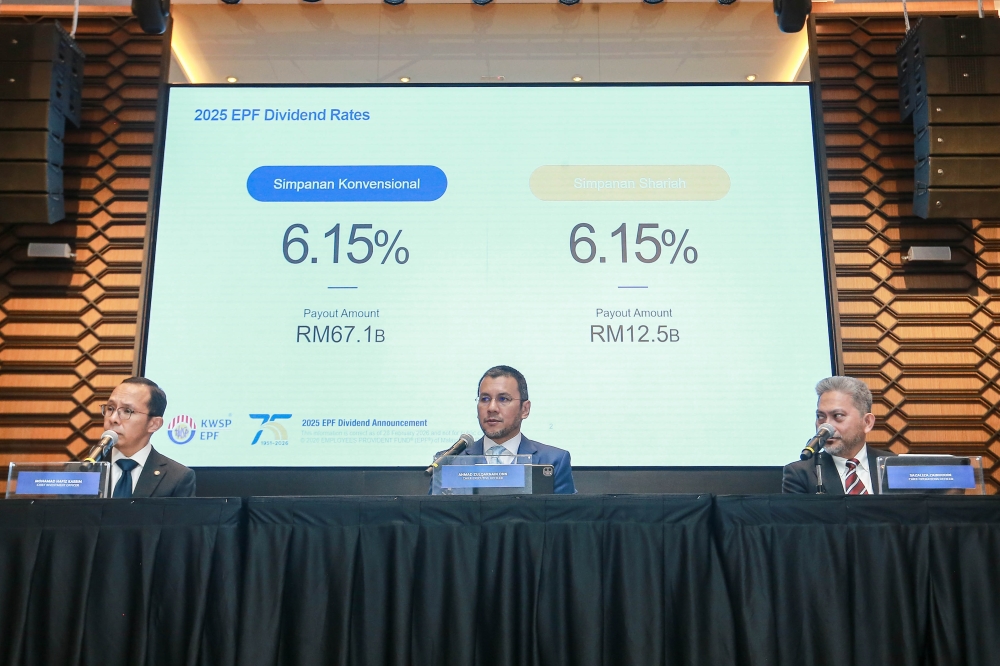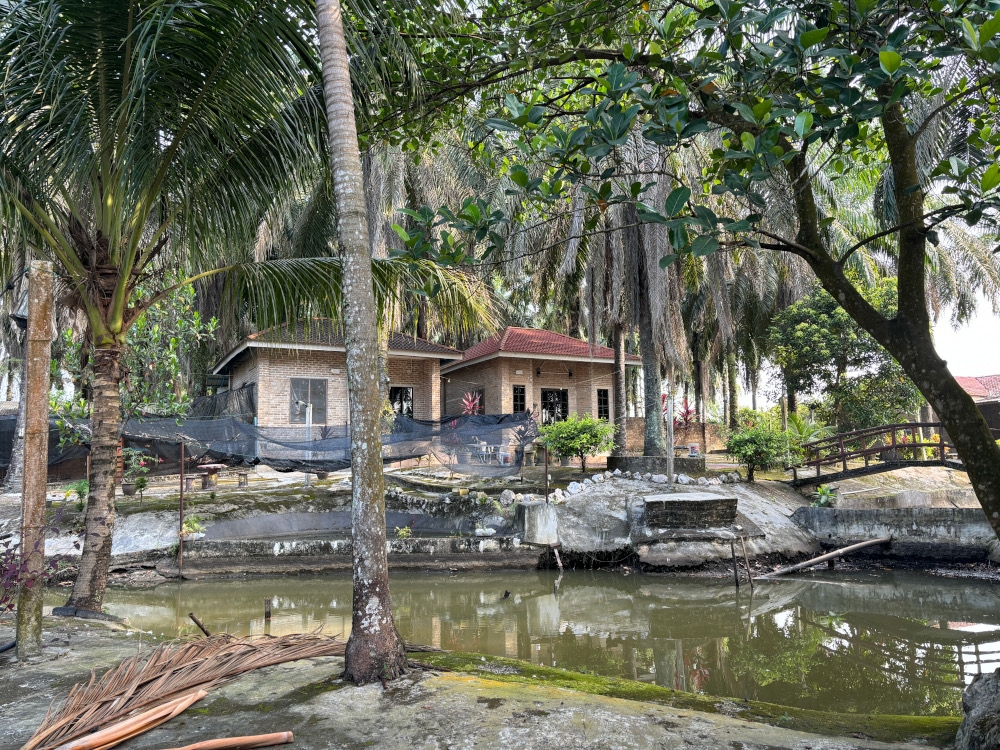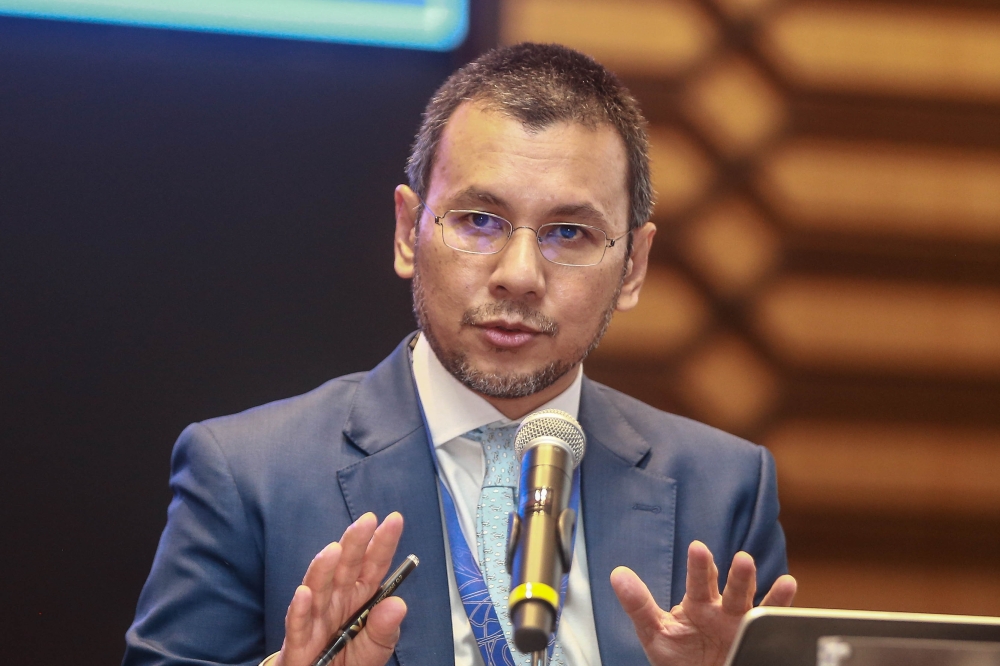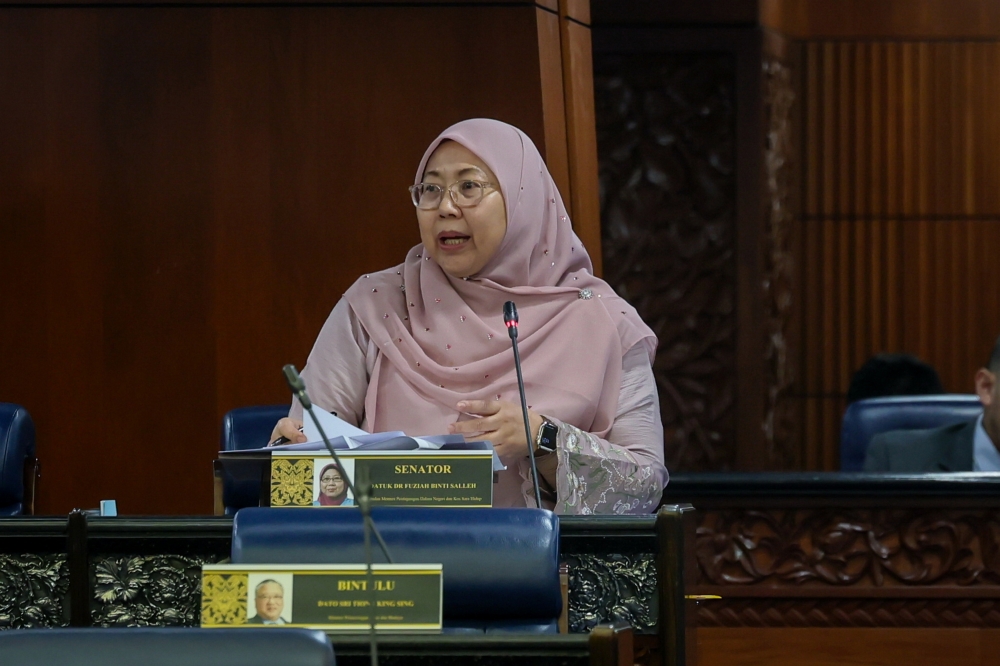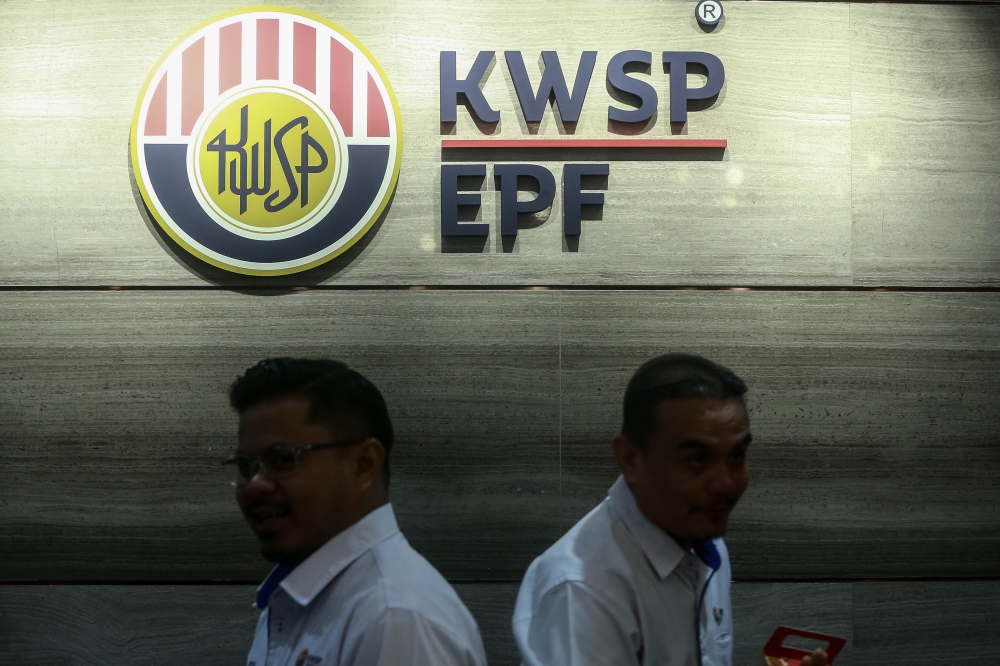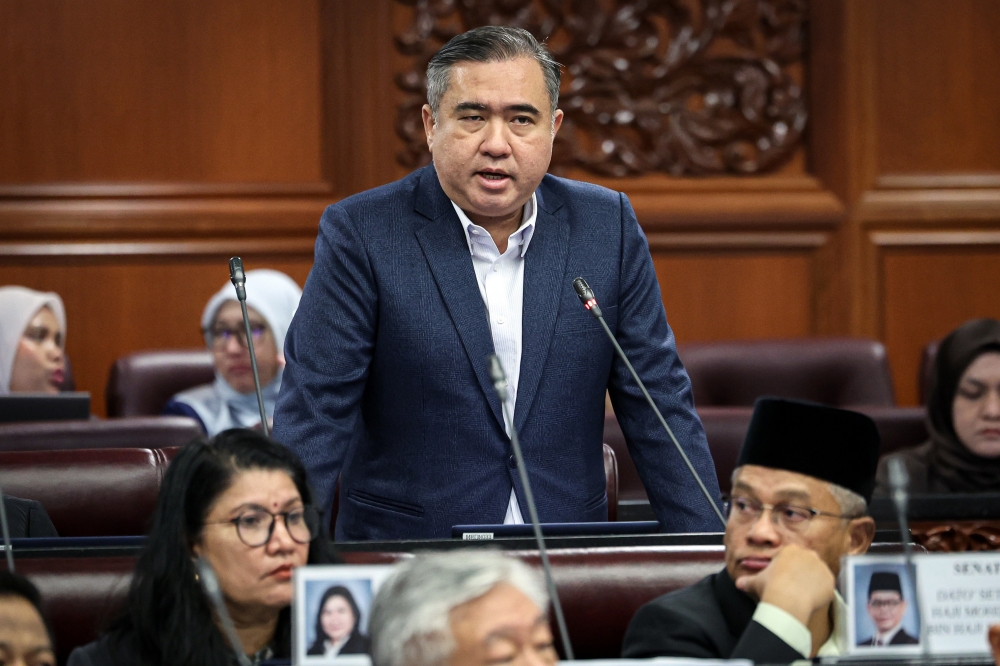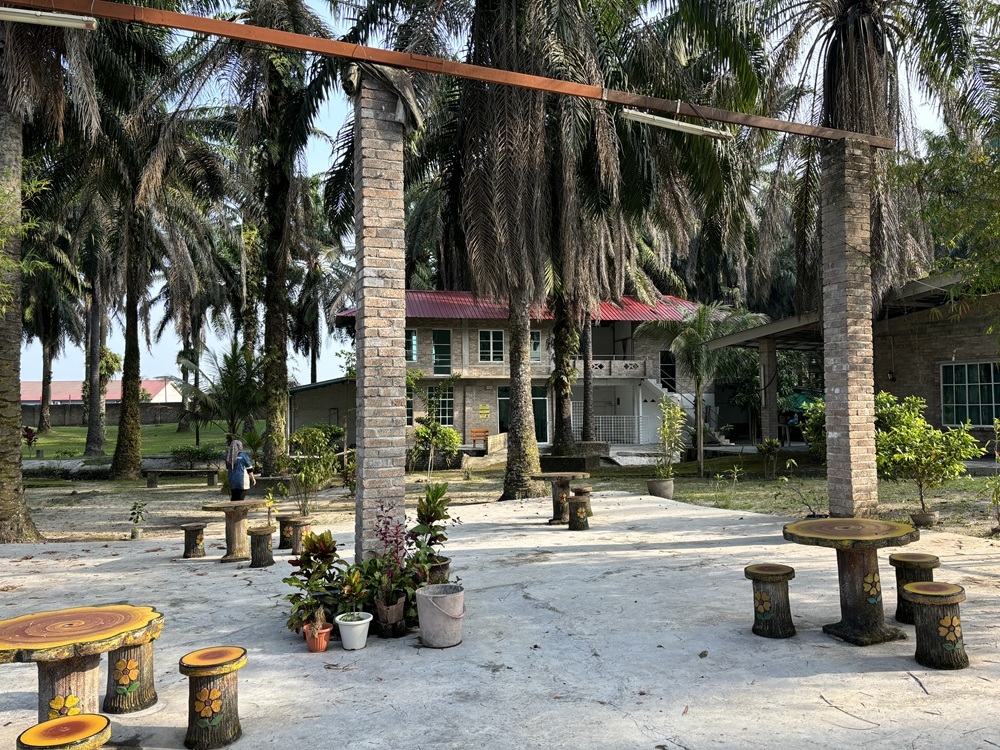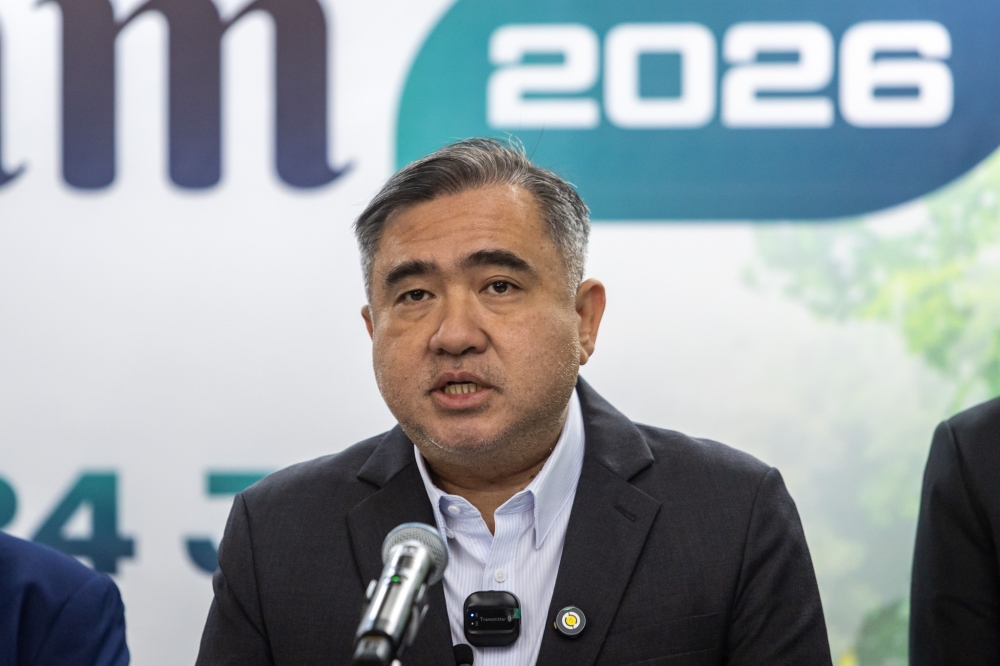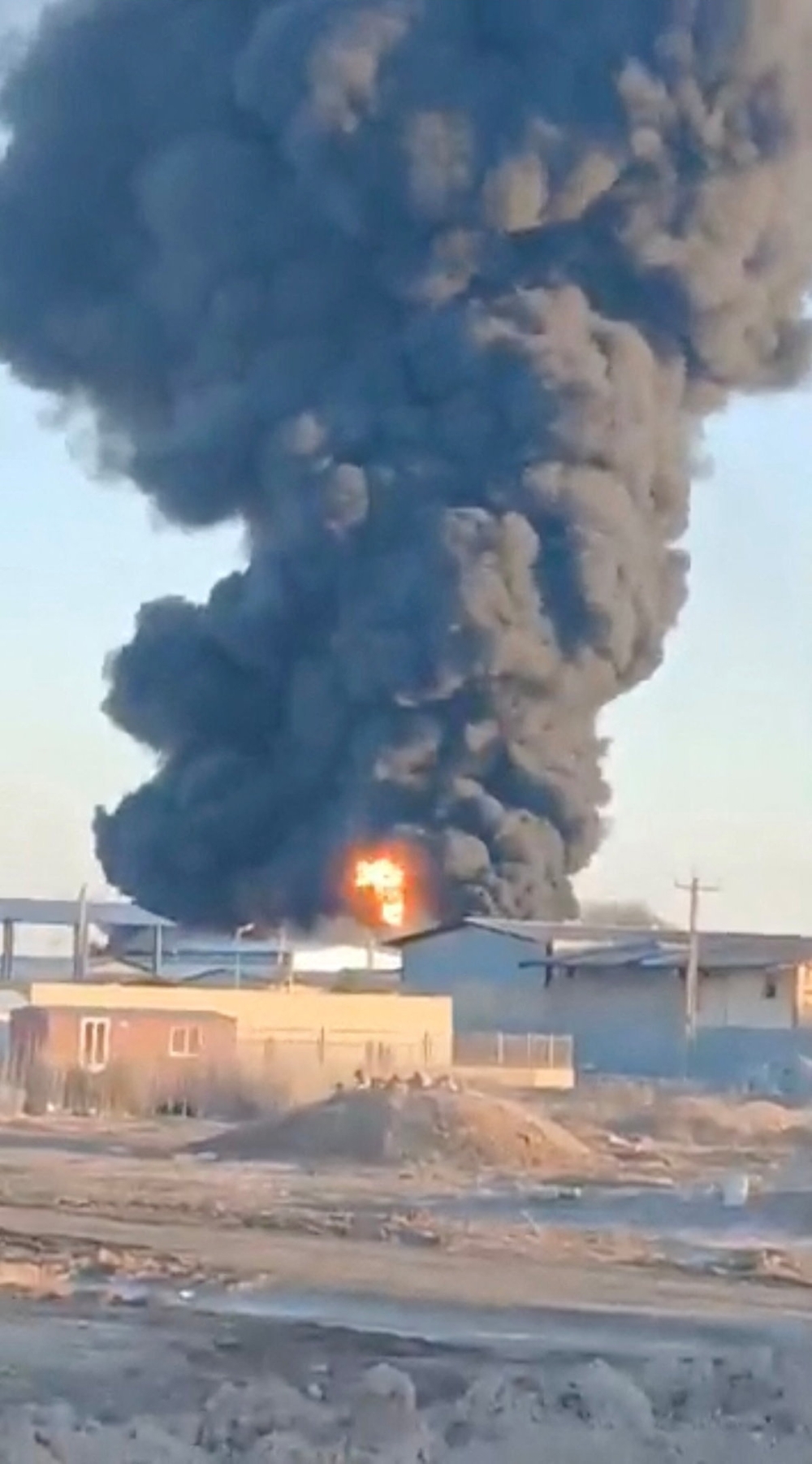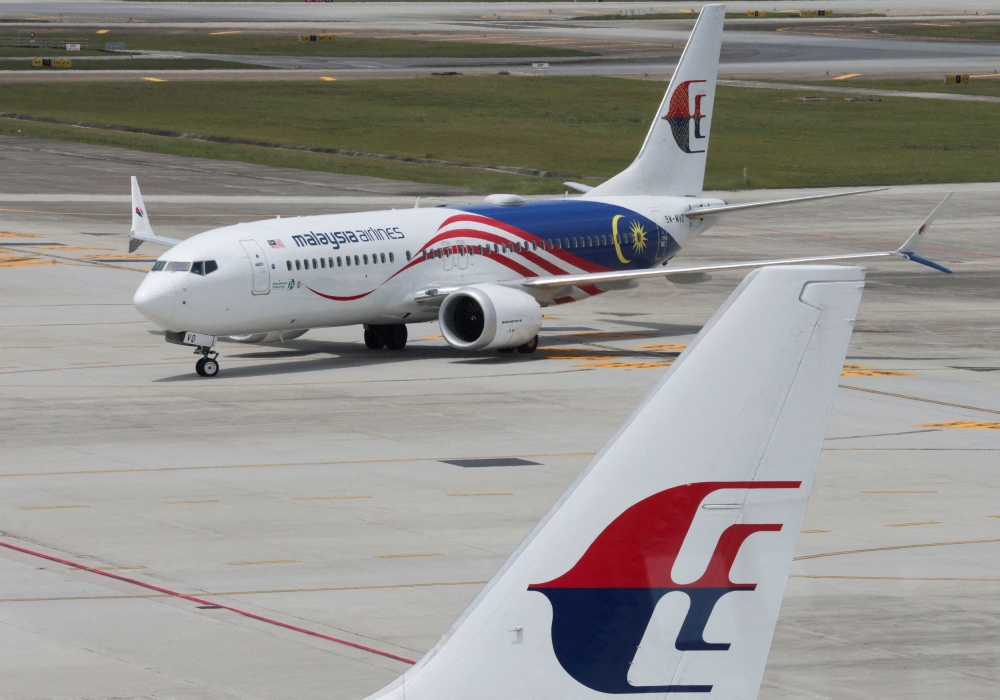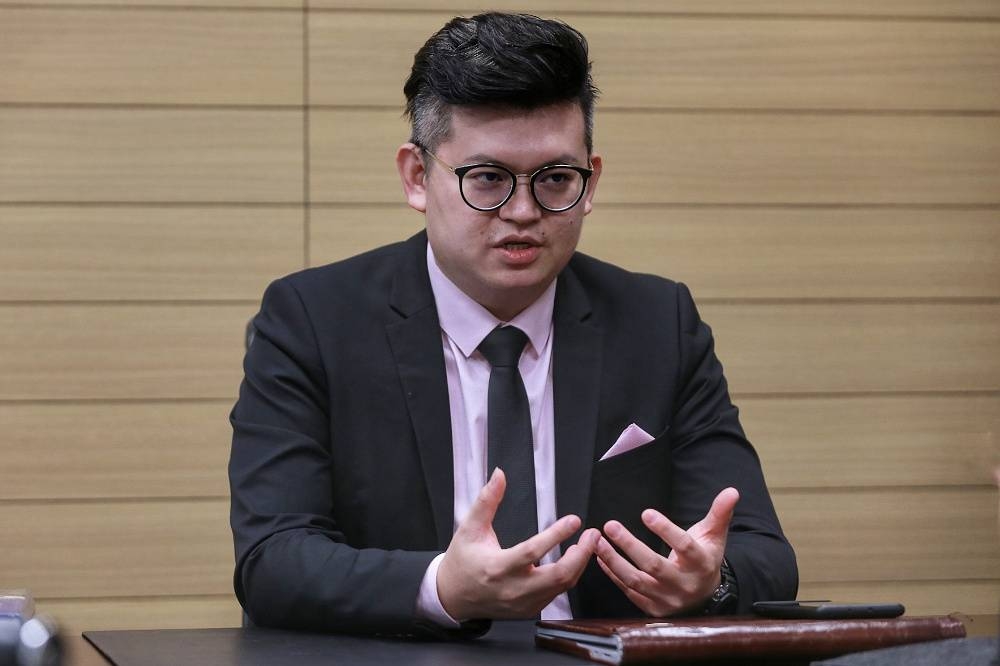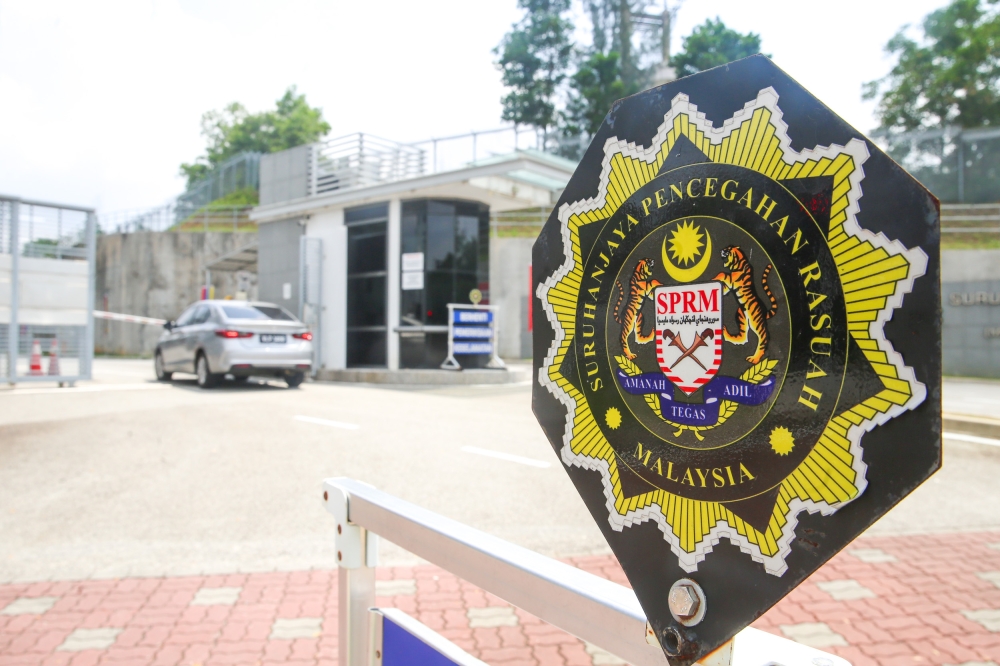KUCHING, June 5 — The Ministry of Health (MoH) must come up with a clear policy to address the current shortage of medicines in the country, says Bandar Kuching MP Dr Kelvin Yii.
He said this is on top of devising a “longer-term national medicine security strategy” to prevent future drug shortages in Malaysia, given the country’s current vulnerable position as a net importer of pharmaceutical products.
“On the ground, different medical bodies including the Malaysian Association of Pharmaceutical Suppliers (MAPS), The Association of Private Hospitals Malaysia (APHM), Medical Practitioners Coalition Association of Malaysia (MPCAM), and Malaysian Medical Association (MMA) have sounded the alarm on shortage of medications such as antibiotics and over-the-counter (OTC) drugs for fever, flu, cough and cold, as well as cough and flu syrups for children.
“While the Ministry of Health including Deputy Health Minister Datuk Dr Noor Azmi Ghazali has come out to downplay the seriousness of the issue and gave assurance that the shortage of medicines was still under control, this issue cannot be taken lightly as these shortages are unlike previous shortages, as this will hit the entire health care system, both public and private, since it is a global supply issue,” he said in a statement.
Dr Yii, who is the Parliament Special Select Committee (PSSC) chairman for Health, Science and Innovation, pointed out that the two-month “hardcore lockdown” in China’s Shanghai as well as Russia’s war in Ukraine have sparked major shortages of various prescription and OTC medications in Malaysia.
“This is because Malaysia’s entire supply of finished pharmaceutical products are either directly imported, or indirectly imported through the import of active pharmaceutical ingredients (APIs) and pharmaceutical intermediates for local manufacture — both of which have been disrupted due to these external events and a surge in both local and global demand for medicines.
“Even locally manufactured pharmaceutical products in Malaysia are heavily dependent on imported APIs and pharmaceutical intermediates,” he said, noting that China is the world’s number one supplier of APIs and pharmaceutical intermediates.
He said the shortage issue is slowly rippling through the system and that it was only a matter of time before the public will feel the pinch of medicine shortages.
“That is why I believe that the Ministry of Health must spell out a clear short-term, mid-term and long-term policy to address the current issue to minimise its effect on the healthcare system in Malaysia,” he said.
He suggested that in the short term, the National Pharmaceutical Regulatory Agency (NPRA) must carry out an extensive audit and stock count of all pharmaceutical stocks in both public and private health facilities to understand the full extent of the country’s medicine shortage.
“It is also important they determine manufacturing capacities of manufacturers, turnover rate and stock holding,” he said.
He also said that the Malaysian Organisation of Pharmaceutical Industries (MOPI) and Pharmaceutical Association of Malaysia (PhAMA) need to be committed in ensuring that manufacturers of both innovator and generic drugs have enough manufacturing capacity for a sufficient stockpile of medicines.
“Then, I believe the Ministry of Health should compel concessions companies such as Pharmaniaga and other central contracts companies to prioritise their stocks and supplies to the ministry’s facilities where more than 70 per cent of the general population goes to.
“Such supplies should then be properly distributed based on a ‘ring strategy’ to ensure areas of highest needs get them first,” said Dr Yii.
On top of that, he said an advisory can be issued for health care providers to start rationing some supplies now to buffer against the possible high likelihood that stockpiles may not be enough.
“Wastage of medicines should also be reduced by reconsidering prescription quantities and duration upon patients being reassessed.
“The NPRA then can explore new markets in other countries and look to reconsider some alternative suppliers and brands of OTC drugs including those manufactured from neighbouring countries such as Indonesia and even Egypt.
“Such arrangements can be done through import permits to ensure adequate supply in our country for the time being,” he said.
On a longer term, Dr Yii proposed that the ‘national medicine security strategy’ must include plans for local production of API — the active components of a drug — and increased stockholding by local pharmaceutical manufacturers and importers.
“While this is likely a temporary issue, how temporary it will be is still unknown and when it comes to essential items such as medication, it must not be taken lightly.
“Many experts predict that due to China’s lockdowns and the Ukraine war impact on global trade, it may take months or even the entire calendar year to properly recover because the whole global supply chain is complex.
“Some experts even predict that global supply chains “won’t get back to normal this calendar year,” because the port and shipping bottlenecks are complicated to resolve,” he said. — Borneo Post

